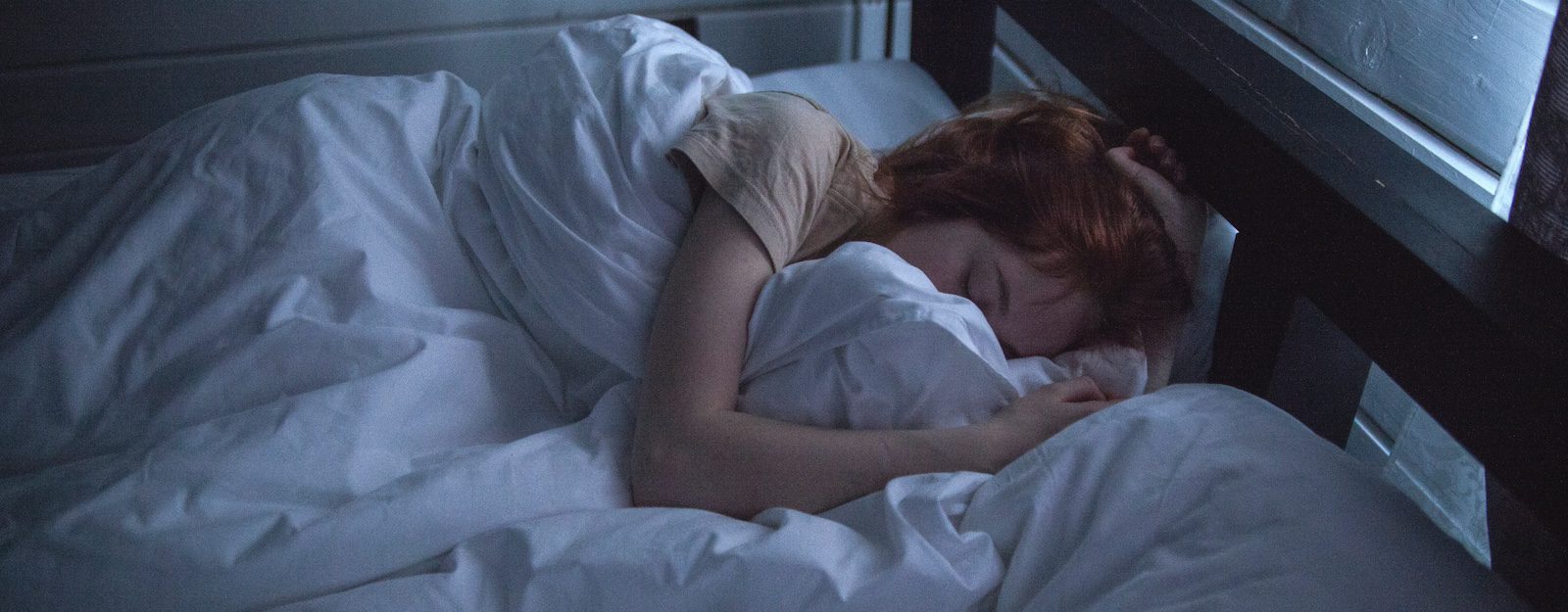It seems “I can sleep when I’m dead” is the mantra of many Americans in the 21st century. The U.S. is one of the most sleep-deprived nations in the world. A full 20% of Americans sleep less than six hours a night. That’s simply not enough. Global sleep expert Mathew Walker once noted that a more appropriate phrase may be, “If I don’t sleep, I will be dead!” Here are some of the benefits you sacrifice by not getting enough sleep.
Sleep boosts your immune system
Sleep deprivation suppresses your immune system and increases your chances of getting sick. Your lungs are particularly affected, which can lead to an increased risk of respiratory infections. Inadequate sleep also ups the risk of catching colds and flus and lengthens the amount of time it takes to recover.
Sufficient sleep helps prevent chronic disease
Chronic sleep deprivation can lead to insulin resistance, which means insulin becomes less effective at clearing sugar out of your blood. As a result, blood sugar levels remain high, even when more insulin is released.
A lack of sleep can also cause stress and hunger hormones to spike and can lead to heartbeat fluctuations. All of this can contribute to the development of metabolic syndrome, obesity, heart disease, high blood pressure, type 2 diabetes, and increase the risk of a heart attack or stroke.
Sleep cleanses your brain
One of the biggest benefits of sleep is the role it plays in cleansing your brain and preventing cognitive decline. Structural connections called glymphatic cells are interspersed between neurons in your brain. These cells act like a spider’s web that holds everything in place.
When you sleep, your glymphatic cells shrink and cerebral spinal fluid washes over them and in between each neuron. This act cleanses the brain of toxins as well as waste products and the buildup of extra chemicals and proteins, including types linked to Alzheimer’s. This is one of the suggested reasons why shortened sleep duration and disruptions in sleep quality may impact Alzheimer’s and dementia risk.
Sleep supports physical recovery
Poor sleep also inhibits physical recovery. Growth hormones are typically released during deep sleep. When that’s interrupted, DNA recovery and tissue repair is impaired. This affects all types of recovery, from a sunburn or paper cut to the healing of muscles and bones. Sleep deprivation has also been associated with low testosterone and impaired fertility. In addition, inadequate sleep decreases the motivation to exercise.
Sleep supports good mental health
Finally, poor sleep quality is tied to a high mental health burden, including substance abuse, increased depression, anxiety, and even attempted suicide. The body profoundly needs sleep, and when you don’t get enough of it, all systems in your body are affected.
In addition, poor sleep can:
- Increase inflammation
- Trigger overeating
- Reduce bone density
- Accelerate skin aging

